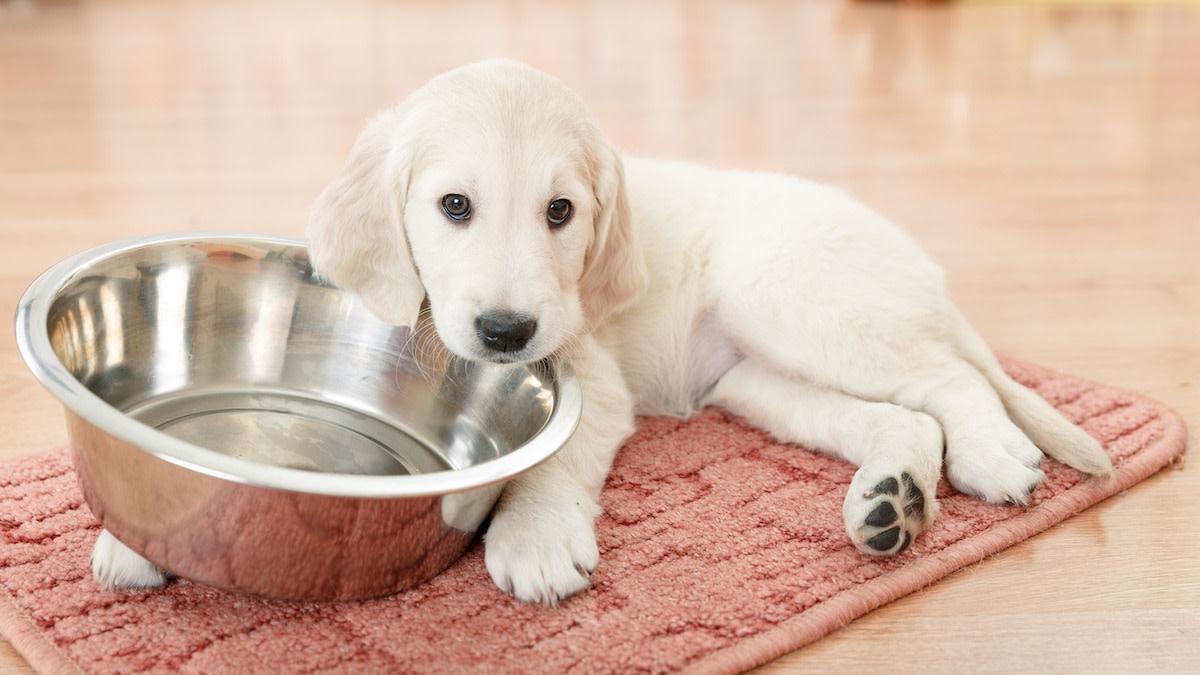Can Dogs Eat Cheesecake? 7 Harmful Ingredients in the Dessert
Written by MasterClass
Last updated: Apr 20, 2022 • 2 min read
A single bite or a little piece of cheesecake is unlikely to put your dog in immediate danger, but more than a slice of cheesecake could send your dog to the hospital. Read on to learn how this sweet treat can negatively impact your pet.
Learn From the Best
Can Dogs Eat Cheesecake?
Cheesecake should never become a staple of your dog's diet or a replacement for their dog food since it contains many harmful ingredients, such as cream cheese and the chemical compound xylitol. The former ingredient could lead to canine obesity, while the latter could poison your pet.
While the occasional, tiny bite of regular cheesecake is unlikely to cause great damage, there’s always a chance that your pet will have an adverse reaction. The risks increase if your dog consumes a large amount. In particular, avoid feeding cheesecake to puppies or adult dogs with dental problems or pancreatitis.
7 Ingredients in Cheesecake That Are Toxic to Dogs
These foods common to cheesecake recipes are toxic ingredients to pets and can have detrimental effects on your dog's health:
- 1. Chocolate: A typical chocolate cheesecake recipe can put your dog at risk for high toxicity levels since chocolate contains theobromine, a compound poisonous to dogs.
- 2. Cream cheese: The fat content in cream cheese can be challenging for your pooch to metabolize and contribute to excess body fat. In addition to obesity, regular consumption of high-fat foods like cream cheese could lead to weight-related health issues, such as strained joints, hip displacement, or pancreatitis.
- 3. Fruit topping: The berry sauce or compote atop cheesecake can contain xylitol, a sugar alcohol that’s toxic to dogs. A dangerous compound that’s also in some commercial peanut butter brands, xylitol could cause your pet to develop neurological issues or, in some cases, lead to kidney failure.
- 4. Graham crackers: Like other ingredients in cheesecake, the graham cracker crust might contain xylitol. The artificial sweetener and preservative could result in muscle tremors or seizures in a dog’s body.
- 5. Macadamia nuts: If dog owners suspect their dog ate cheesecake containing macadamia nuts, they must contact a veterinarian or a pet poison control hotline for immediate assistance. Dogs can’t tolerate these nuts and, therefore, might show signs of toxicity. Common poisoning symptoms can include shaking, confusion, and lack of coordination.
- 6. Raisins: The tartaric acid in grapes and, subsequently, raisin cheesecake, can cause dogs and other furry friends to develop severe gastrointestinal issues, such as vomiting. Additionally, raisins and grapes are a choking hazard for dogs.
- 7. Sugar: Some dog breeds are more susceptible to experiencing digestive problems after consuming human foods, but sugary treats will be harmful to any dog's stomach. Cheesecake's high sugar and lactose content can cause your dog to develop abdominal pain, bloating, and diarrhea. Additionally, allowing your dog to eat cheesecake, ice cream, or other human deserts containing a lot of sugar could lead to your pet developing tooth decay and dental cavities.
Before Sharing With Your Pooch
Certain human foods can cause adverse reactions in canines, so always consult your veterinarian to determine whether it is safe to add these foods to your pet’s diet. This article is for educational and informational purposes and is not a substitute for medical or dietary advice.
Want to Learn More About Training the Goodest Boy or Girl?
Your dream of having a dog who understands words like “sit,” “stay,” “down,” and—crucially— “no” is just a MasterClass Annual Membership away. The only things you’ll need to train up a well-behaved pup are your laptop, a big bag of treats, and our exclusive instructional videos from superstar animal trainer Brandon McMillan.
